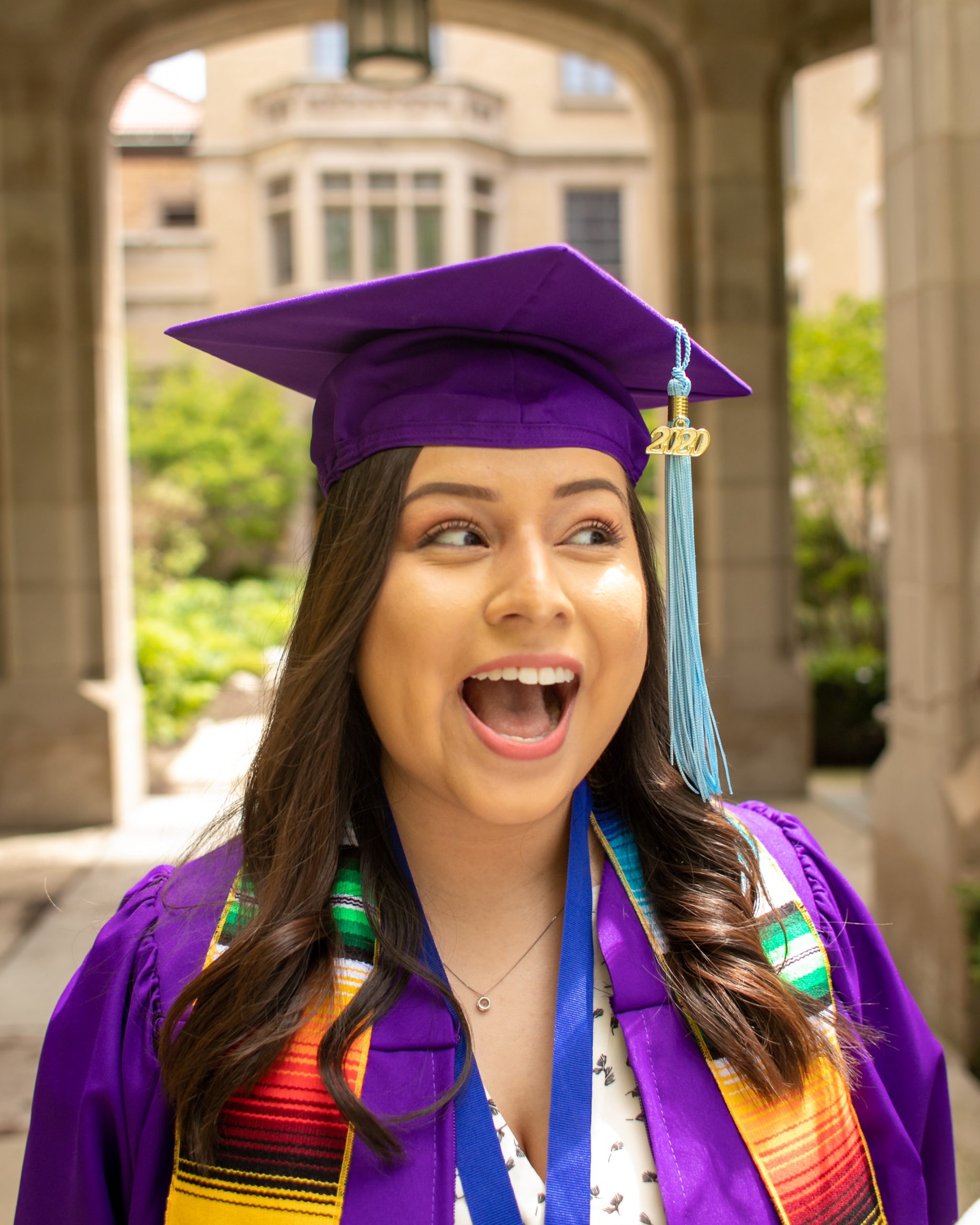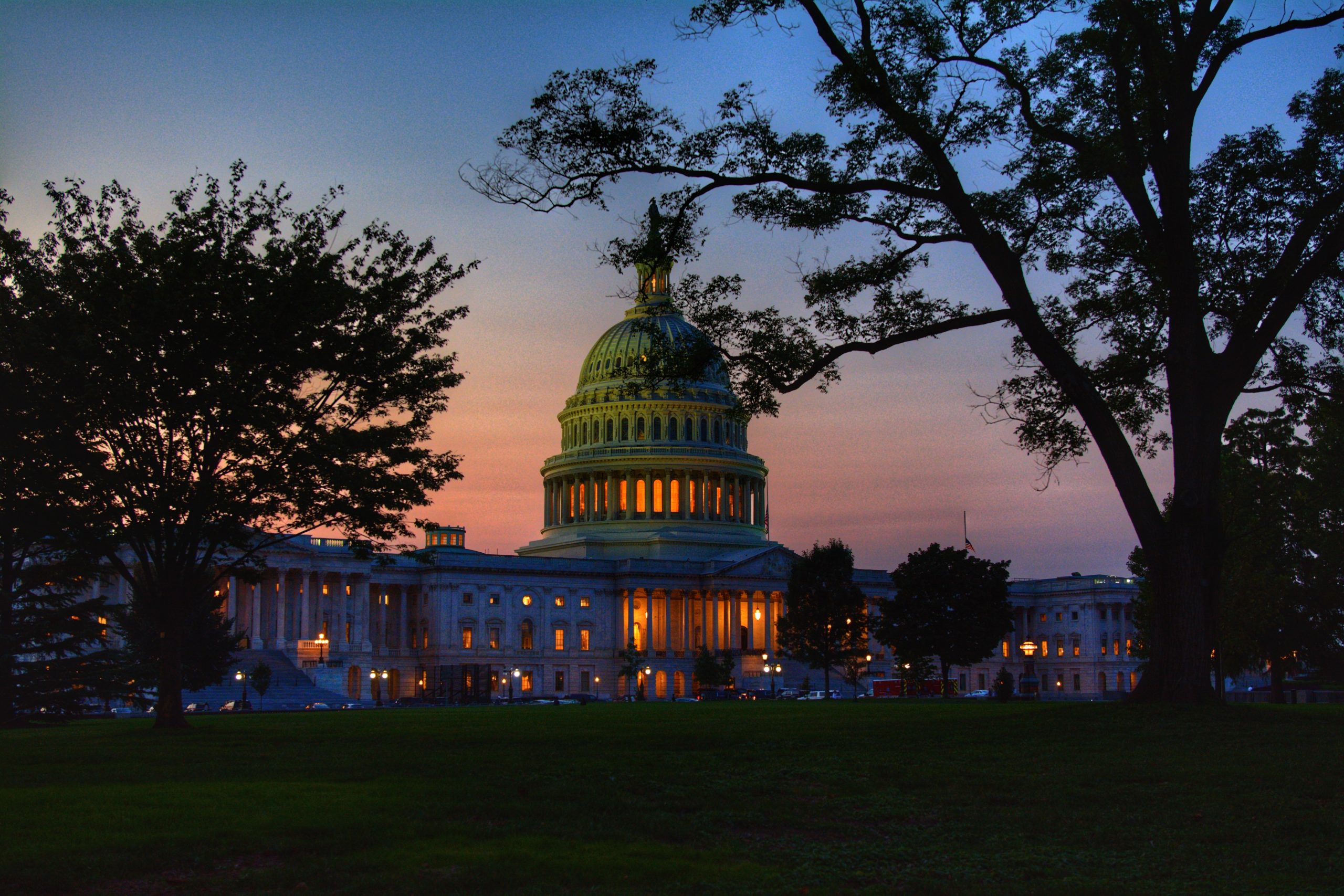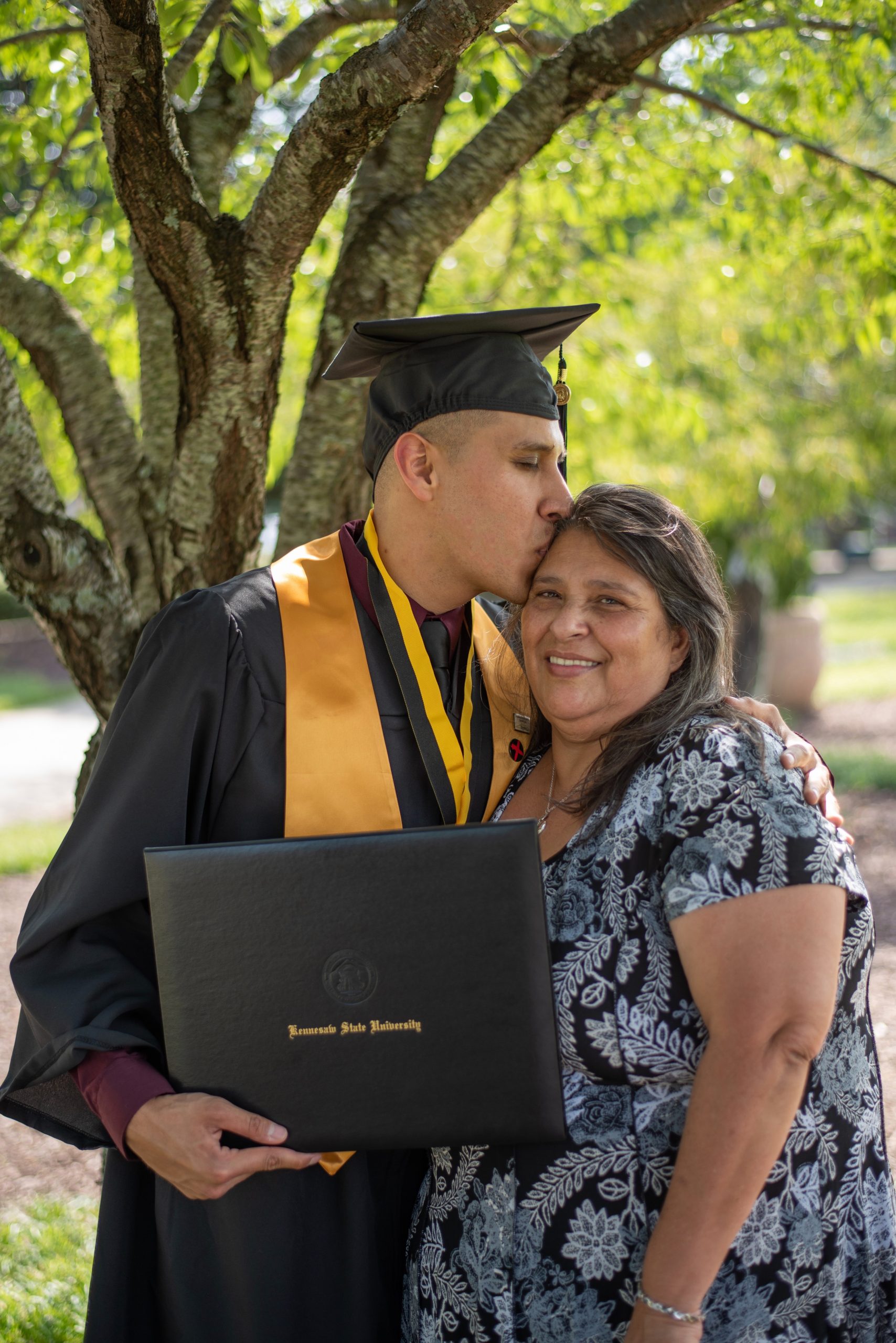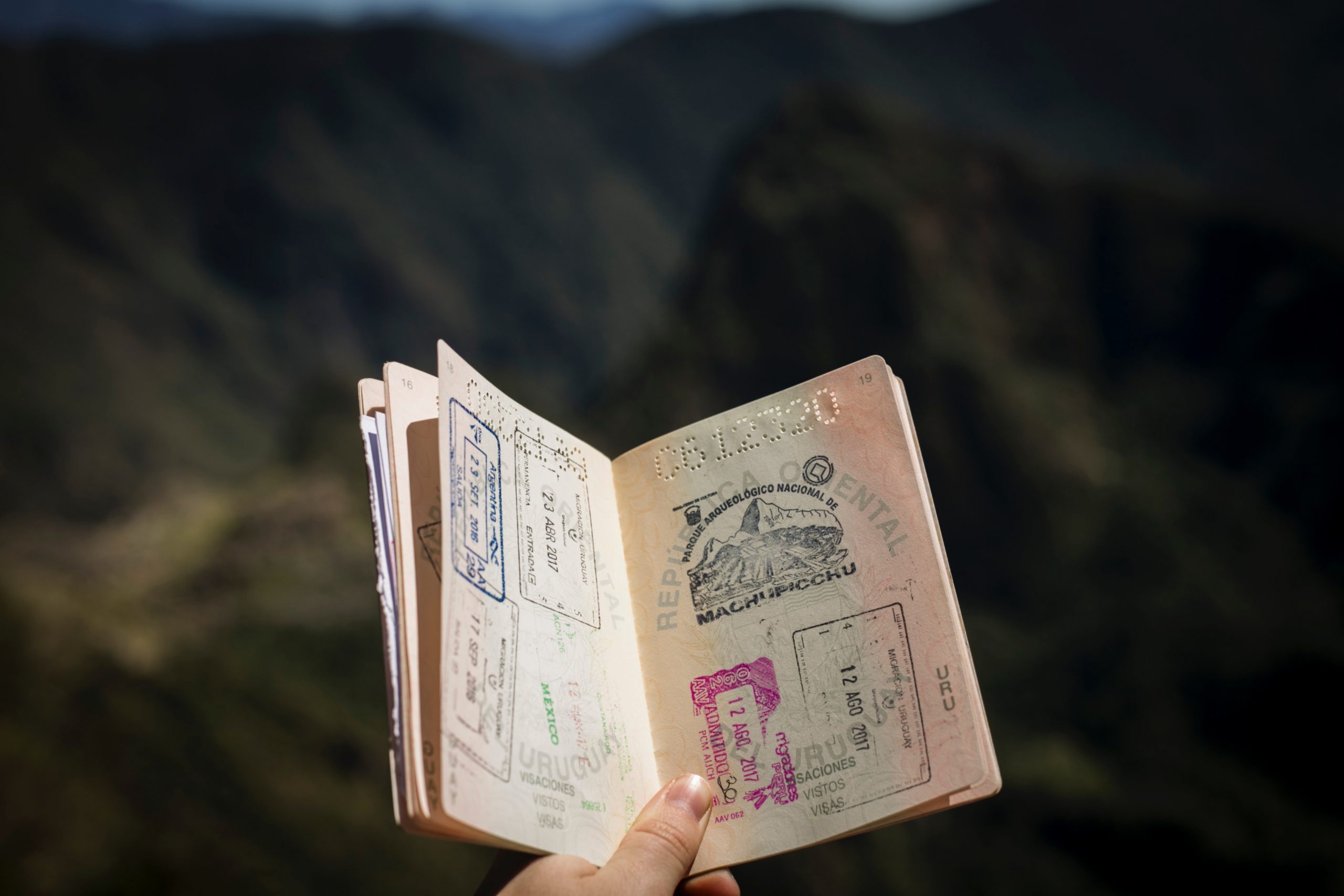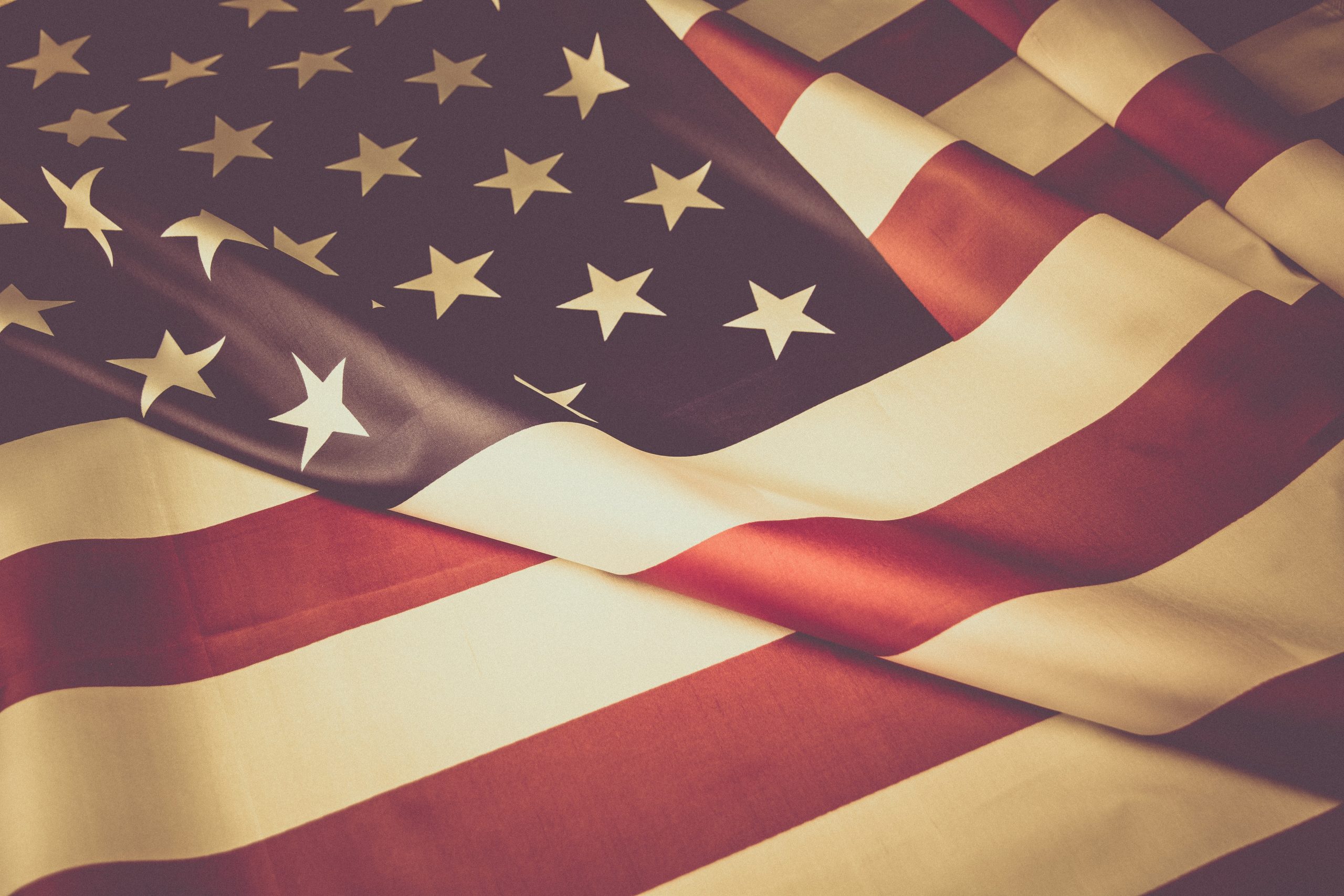We have very exciting news for our DACA community. Yesterday, December 7, 2020, the United States Citizenship and Immigration Services (USCIS) issued the long-awaited public notice we have all been waiting for.
Pursuant to a federal court order issued on November 14, 2020, by Judge Nicholas George Garaufis of the U.S. District Court for the Eastern District of New York, which invalidates the July 28, 2020 “Wolf memorandum,” DHS has been ordered to immediately reinstate the DACA program to policies that were in effect prior to September 5, 2017 (the attempted rescission of the program by USCIS).
In order to comply with the federal court order, USCIS has issued an official public notice on its webpage confirming that effective December 7, 2020 the agency will:
- Accept first-time requests for consideration of deferred action under Deferred Action for Childhood Arrivals (DACA) based on the terms of the DACA policy in effect prior to September 5, 2017, and in accordance with the Court’s December 4, 2020, order;
- Accept DACA renewal requests based on the terms of the DACA policy in effect prior to September 5, 2017, and in accordance with the Court’s December 4, 2020, order;
- Accept applications for advance parole documents based on the terms of the DACA policy prior to September 5, 2017, and in accordance with the Court’s December 4, 2020, order;
- Extend one-year grants of deferred action under DACA to two years; and
- Extend one-year employment authorization documents (EADs) under DACA to two years.
Additionally, USCIS will take appropriate steps to provide evidence of the one-year extensions of deferred action and employment authorization documents under DACA to individuals who were issued documentation on or after July 28, 2020, with a one-year validity period under the Wolf Memorandum.
With this announcement, DHS will comply with Judge Garaufis’ order while it remains in effect, but the agency has stated they may seek relief from the order. Therefore, you should take advantage and file your initial request for DACA and/or advance parole as soon as possible.
 Visa Lawyer Blog
Visa Lawyer Blog


